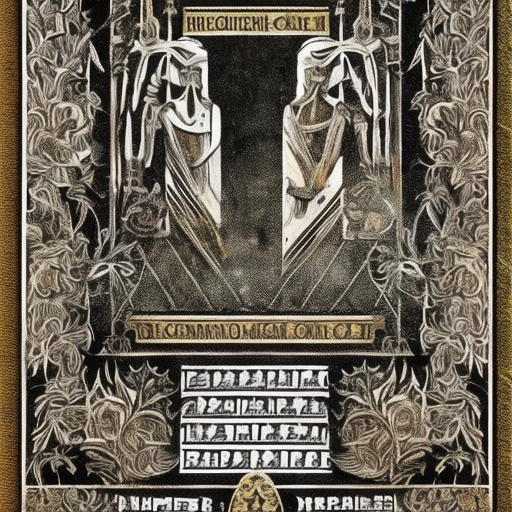Judgment at Nuremberg by Stanley Kramer
One-line Summary:
In “Judgment at Nuremberg,” directed by Stanley Kramer, a fictionalized account of the post-World War II Nuremberg Trials unfolds, examining the moral and legal complexities of holding Nazi war criminals accountable for their actions.
Main Cast and Crew:
- Director: Stanley Kramer
- Writer: Abby Mann
- Key Actors: Spencer Tracy as Judge Dan Haywood, Burt Lancaster as Dr. Ernst Janning, Richard Widmark as Col. Tad Lawson, Marlene Dietrich as Frau Bertholt, Maximilian Schell as Hans Rolfe
- Music Director: Ernest Gold
- Director of Photography: Ernest Laszlo
- Producers: Stanley Kramer
Plot:
Set in 1948, “Judgment at Nuremberg” follows Judge Dan Haywood (Spencer Tracy) as he presides over the trial of four German judges accused of crimes against humanity during the Nazi regime. The film explores the moral dilemma faced by Haywood as he navigates through the legal intricacies and confronts the horrors of the Holocaust.
As the trial progresses, Haywood encounters Dr. Ernst Janning (Burt Lancaster), a respected jurist who played a significant role in implementing the Nazi policies. Janning’s defense attorney, Hans Rolfe (Maximilian Schell), argues that the judges were merely following orders and should not be held personally responsible for their actions.
The trial delves into the testimonies of witnesses, including Irene Hoffman (Judy Garland), a woman who was sterilized under the Nazis’ eugenics program, and Rudolph Peterson (Montgomery Clift), a man who was castrated for being mentally disabled. Their stories provide a harrowing glimpse into the atrocities committed by the Nazi regime.
Amidst the legal proceedings, Haywood grapples with the weight of his decision and the implications it will have on justice and humanity. He must confront the question of whether the judges were complicit in the Holocaust or merely cogs in the Nazi machinery.
Themes and Motifs:
“Judgment at Nuremberg” explores themes of personal responsibility, moral culpability, and the importance of standing up against injustice. The film raises questions about the role of the judiciary in upholding justice and the dangers of blindly following orders. It also highlights the devastating consequences of unchecked power and the need for accountability in the face of atrocities.
The motif of collective guilt runs throughout the film, as it examines the complicity of ordinary individuals in the crimes committed by the Nazi regime. It challenges the notion that those who were not directly involved in the atrocities bear no responsibility for the horrors that unfolded.
Reception and Legacy:
Upon its release in 1961, “Judgment at Nuremberg” received critical acclaim for its powerful performances and thought-provoking narrative. The film was nominated for eleven Academy Awards, including Best Picture, and won two, for Best Actor (Maximilian Schell) and Best Adapted Screenplay (Abby Mann).
The legacy of “Judgment at Nuremberg” lies in its exploration of the moral complexities of justice and the enduring relevance of the Nuremberg Trials. It serves as a reminder of the importance of holding individuals accountable for their actions, even in the face of political pressure or societal indifference.
Recommendation:
“Judgment at Nuremberg” is a compelling and thought-provoking film that delves into the moral and legal dilemmas surrounding the Nuremberg Trials. It features stellar performances from its ensemble cast and offers a poignant exploration of personal responsibility and the pursuit of justice. This film is a must-watch for those interested in historical dramas and ethical debates.
Memorable Quote:
“Those people, those millions of people… I never knew it would come to that. You must believe it, you must believe it!” – Dr. Ernst Janning (Burt Lancaster)












